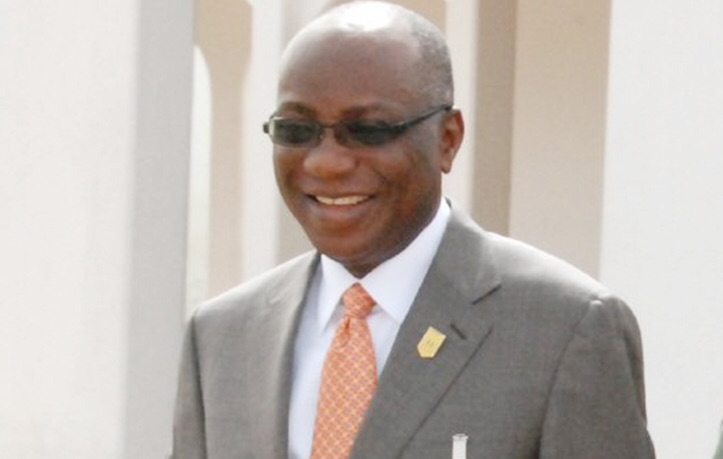Mr. It’s Ekpenyong, DG, DSS
Nigeria ramped up security nationwide on Wednesday before general elections this weekend, shutting land and sea borders and vowing to crack down hard on political unrest.
Security has been to the fore for the presidential and parliamentary vote, with military operations against Boko Haram forcing the postponement of the initial poll on February 14.Since then, Nigeria`s military and its coalition partners Niger, Chad and Cameroon have claimed a series of successes, forcing the Islamist militants out of captured territory in the northeast.
Fears of a bombing campaign against voters and polling stations remain, though, after a spate of suicide attacks against “soft” targets such as markets and bus stations in the north.
The Department of State Services, Nigeria`s secret police, on Wednesday underlined the threat, calling for vigilance in crowded places before, during and after Saturday`s vote.
“Voters are advised to be wary of persons in loose or bulky midriff clothings, which are inappropriate for the weather,” said spokeswoman Marilyn Ogar.
“Look out for unattended bags, luggage, dustbins, strange containers and other suspicious items.”
The DSS also warned that cars, motorbikes and three-wheel motorised taxis should be parked away from polling stations and for shops and markets to shut.
“Suspicious persons, activities and movements should be promptly reported to security agents,” she added in a statement.Previous Nigerian elections have been blighted by extreme political violence.
In 2011 some 1,000 people were killed after Goodluck Jonathan beat former military ruler Muhammadu Buhari to the presidency.
Fears of clashes between supporters of Jonathan`s Peoples Democratic Party (PDP) and Buhari`s All Progressives Congress (APC) have been heightened this time round by a tight campaign.
The head of the Nigerian Army, Lieutenant General Kenneth Minimah, said he did not envisage problems but appealed to politicians and their followers to keep the peace.
“Whoever wants to invoke or provoke violence will meet organised violence waiting for him,” he told reporters in Abuja.
Security measures would stay in place until after gubernatorial and state assembly polls on April 11, he added.
On Wednesday, Jonathan ordered the closure of all land and sea borders from midnight (2300 GMT Wednesday) until the same time on Saturday, after voting is over.
The interior ministry said the move was designed “to allow for peaceful conduct of the forthcoming national elections”.
At the same time, the immigration service warned that non-Nigerians should not take part “in any part of the election processes”Nigeria`s federal police had already announced a “total restriction” on movement from the time that polling stations open at 8:00 am on Saturday until 5:00 pm.
The emergency services and others on “essential duties” would be exempt, Inspector General of Police Suleiman Abba, the country`s top-ranking officer, said.
“Adequate security logistics and manpower have been strategically deployed to achieve a most conducive electioneering atmosphere,” he said in a statement on Tuesday.
“Policemen for election duty have been properly trained, briefed and sensitised on their roles.”
Earlier this month, Abba warned that troublemakers would face “the full wrath of the law”.
Security will be tightened particularly at polling stations and other “vulnerable” locations, including banks, hospitals, government offices and accommodation housing election officials.
Camps for people internally displaced by the Boko Haram conflict will also see stringent checks.
Some 20 percent of the estimated one million people made homeless are currently in camps and arrangements have been made for them to vote, according to Nigeria`s electoral commission.
Some polling stations have been set up in camps themselves for security reasons but three explosive devices have already been found at a camp in the Borno state capital, Maiduguri.
The discovery on March 14 prompted fresh fears that Boko Haram — which views the election as “un-Islamic” and has vowed to disrupt the process — had infiltrated the displaced.
Some 20 percent of the estimated one million people made homeless are currently in camps and arrangements have been made for them to vote, according to Nigeria`s electoral commission.
Some polling stations have been set up in camps themselves for security reasons but three explosive devices have already been found at a camp in the Borno state capital, Maiduguri.
The discovery on March 14 prompted fresh fears that Boko Haram — which views the election as “un-Islamic” and has vowed to disrupt the process — had infiltrated the displaced.














